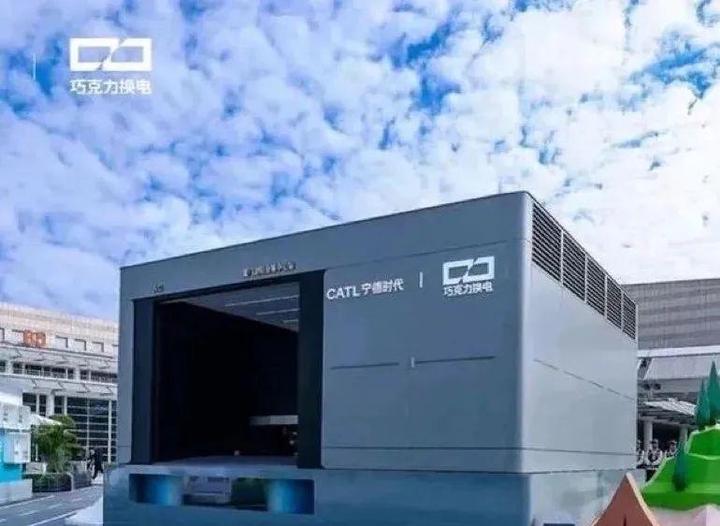Battery Swap Evolution in China's EV Market
An analysis of NIO and EVOGO’s battery swap strategies in China’s electric vehicle market, examining their different market positioning, target customers, and potential impact on the industry’s development.

The emergence of EVOGO, Ningde Times' battery swap brand, has sparked discussions about its potential impact on NIO’s established battery swap network. However, a closer examination reveals these two players are targeting different market segments with minimal direct competition.
NIO has invested heavily in building an extensive premium battery swap network across China, primarily serving its own high-end electric vehicles. This infrastructure development, while capital-intensive, has become a crucial competitive advantage and brand differentiator. The strategic importance of this network goes beyond mere battery swapping - it serves as a comprehensive power solution and customer service platform.
EVOGO, on the other hand, is positioning itself in the mass market segment, particularly targeting ride-hailing vehicles and lower-priced EVs. Their “chocolate” battery pack design focuses on standardization and accessibility, aiming to serve a broader range of vehicle models at a lower cost point. This approach fundamentally differs from NIO’s premium service strategy.
The battery swap market in China demonstrates significant growth potential for multiple players. The country’s massive electric vehicle fleet and urban density create natural demand for diverse charging solutions. Battery swapping offers unique advantages, particularly for commercial fleets and time-sensitive users, complementing traditional charging methods.
Several factors support the coexistence of these different battery swap approaches:
-
Market Segmentation: NIO focuses on premium private car owners, while EVOGO targets commercial fleets and mass-market vehicles, creating natural market separation.
-
Infrastructure Investment: The substantial capital requirements for building swap stations mean both companies can build their networks without immediate direct competition.
-
Technological Differentiation: Each system uses proprietary battery technologies and swap mechanisms, serving different vehicle types and user needs.
-
Government Support: China’s policy encouragement for battery swap technology benefits all players, creating space for multiple solutions rather than forcing consolidation.
Looking ahead, the battery swap landscape will likely evolve toward greater standardization and interoperability. Both NIO and EVOGO may eventually find ways to collaborate on technical standards while maintaining their distinct market positions. This evolution could accelerate the adoption of battery swap technology across China’s electric vehicle ecosystem.
The real impact of EVOGO on NIO may be indirect - pushing the entire industry toward better standardization and efficiency. This competitive pressure could ultimately benefit both companies by expanding the overall market for battery swap services and improving the technology’s credibility as a mainstream charging solution.